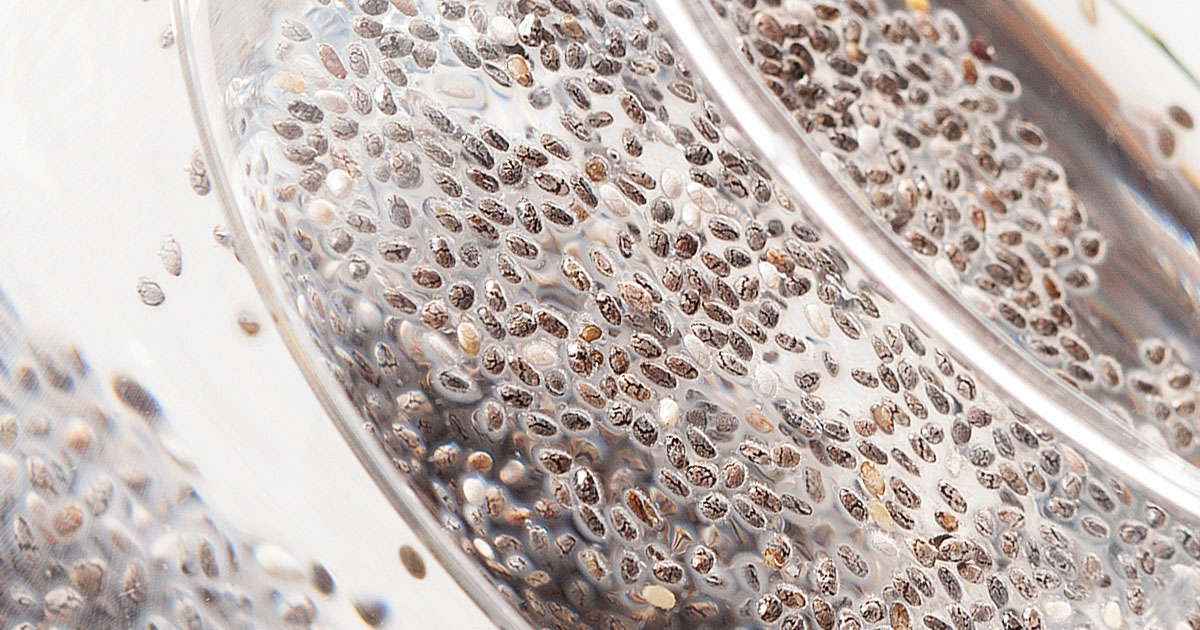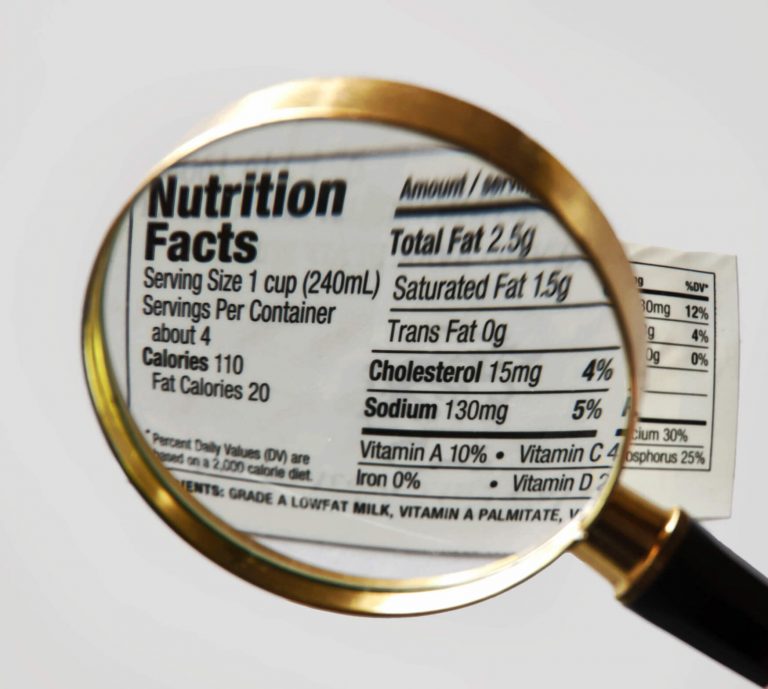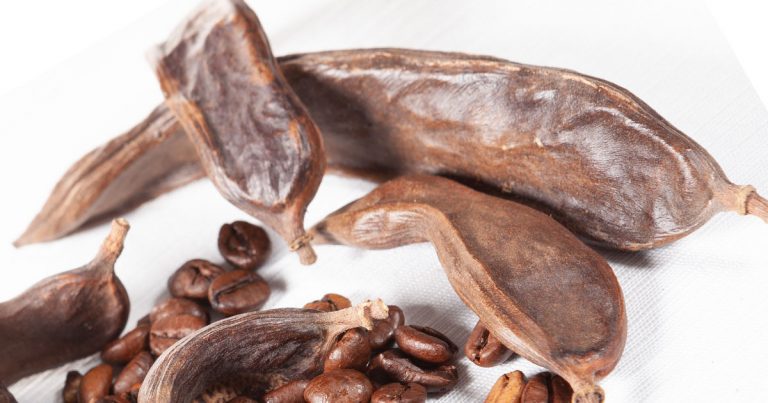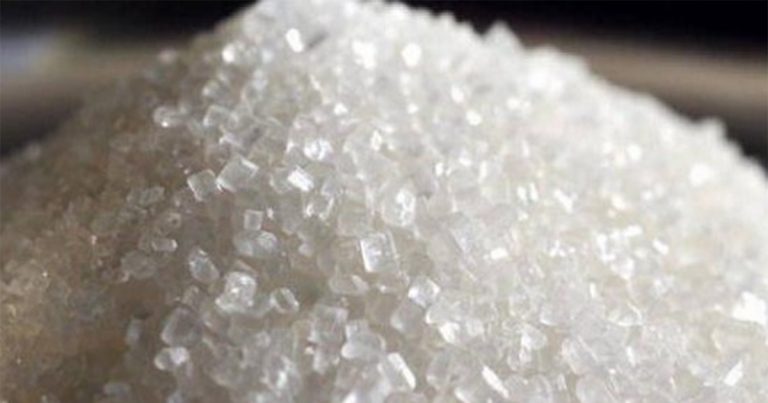The chia plant is native to Mexico and Guatemala where the Mayas and Aztecs around 200AD used it as a medicinal plant and as a staple food. In fact, “chia” is the ancient Mayan word for “strength”. Chia seeds are from the plant Salvia hispanica, which is related to the mint.
Chia seeds are considered one of the healthiest foods and are often referred to as a “superfood”. Despite their small size, chia seeds deliver many important nutrients with very few calories. They are an excellent source of omega-3 fatty acids, rich in antioxidants, and they provide fiber, iron and calcium. Their health benefits are supported by science.
Only two tablespoons of chia seeds (1 ounce or 28 grams) contain about 140 calories, 4 grams of protein, 11 grams of fiber, 7 grams of unsaturated fat, 18% RDA for calcium, and trace minerals including zinc and copper. They are the richest plant source of omega-3 fatty acids. Chia seeds are a complete protein, containing all nine essential amino acids that cannot be made by the body.1
Although Chia seeds are high in carbs, most of those carbs are fiber. Fiber is good for your gut health because it serves as food for the good bacteria in your intestines, and also promotes bowel health. Fiber can help lower cholesterol, blood sugar and keep a healthy weight. Chia seeds are also helpful for bone health with their levels of calcium, phosphorus, magnesium and protein.
In addition to this, the omega-3 fatty acids in the chia seeds help raise HDL cholesterol, the “good” cholesterol that protects against heart attack and stroke.2
References
1 Suri, S., Passi, J. S., Goyat, J. Chia Seed (Salvia Hispanica L.) – A New Age Functional Food. 4th International Conference on Recent Innovations in Science Engineering and Management. March 20, 2016.
2 Koh AS, Pan A, Wang R, Odegaard AO, Pereira MA, Yuan JM, Koh WP. The association between dietary omega-3 fatty acids and cardiovascular death: the Singapore Chinese Health Study. Eur J Prev Cardiol. 2015 Mar;22(3):364-72.



